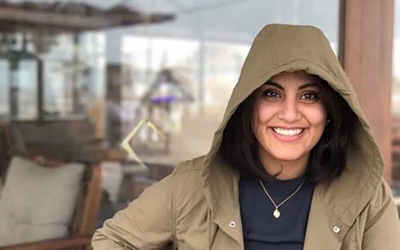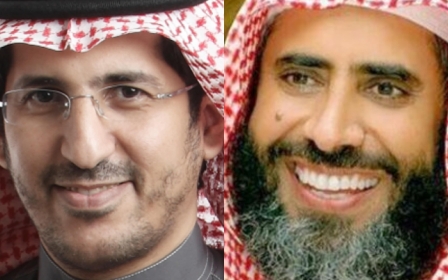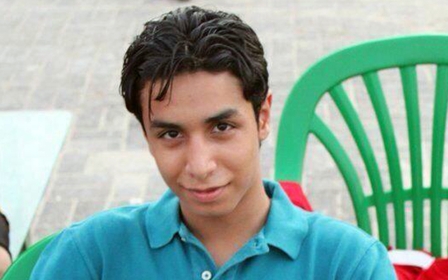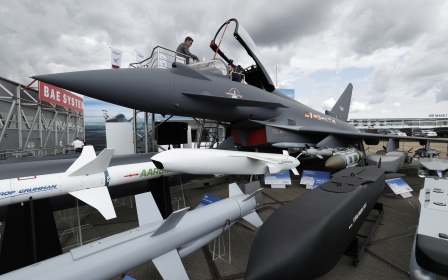Saudi Arabia says regional states must be part of Iran nuclear talks
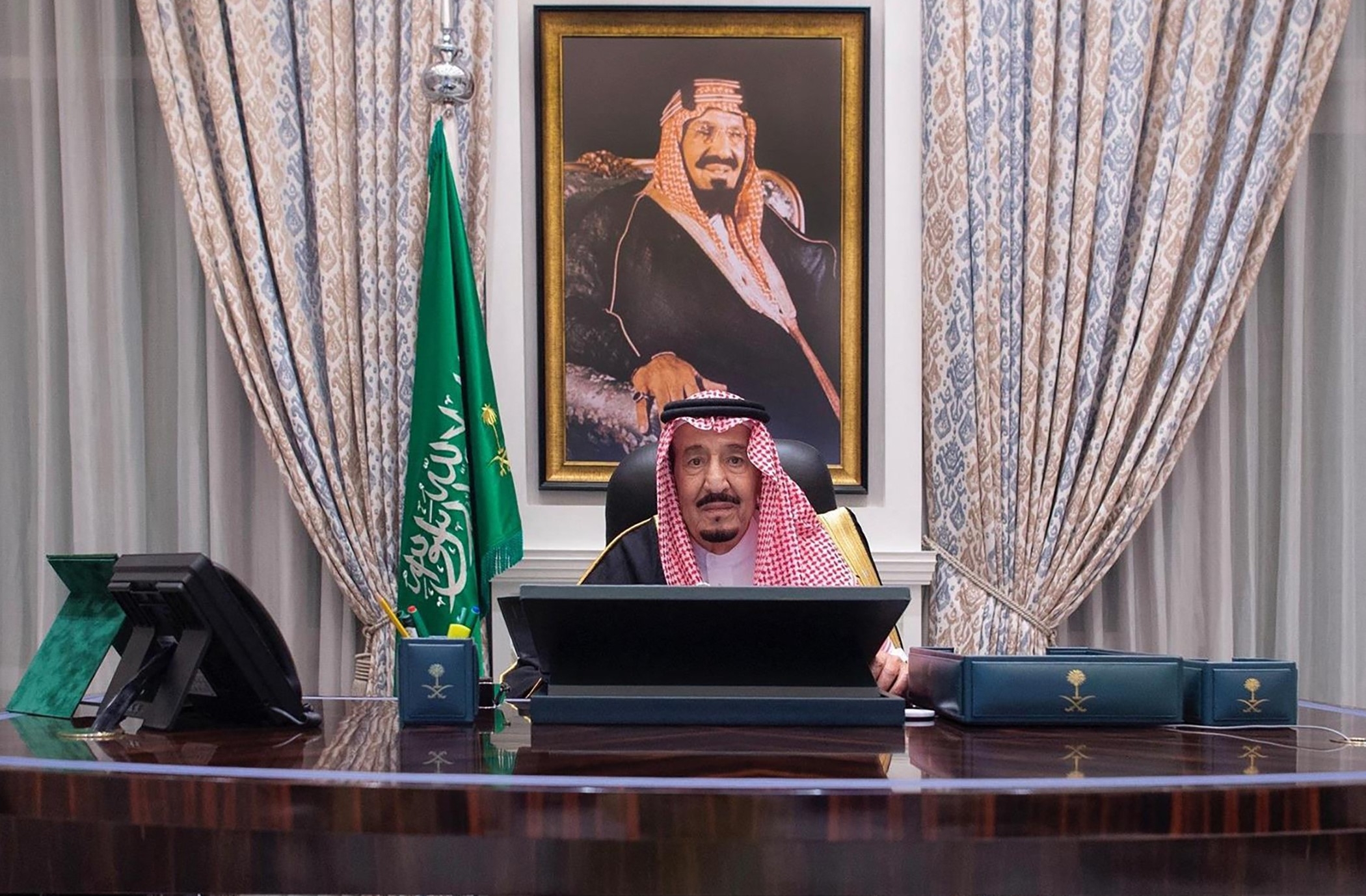
The Saudi government has called for regional countries to be part of any negotiations over Iran's nuclear programme, demanding that the international community confront what it called Tehran's aggression.
In a lengthy statement released after a virtual cabinet meeting headed by King Salman on Tuesday, Riyadh also condemned Yemen's Houthi rebels and welcomed Washington's commitment to the kingdom's security. However, it failed to comment on the US decision to end logistics support for the Saudi-led coalition's war in Yemen.
"The cabinet renewed the kingdom's demand for the international community to shoulder its responsibility towards the aggressive practices of the Iranian regime... including threatening the security and stability of Arab states and interfering in their affairs and supporting armed groups," the statement, published by official Saudi press agency SPA, said.
"And it stresses the importance that the countries most affected by Iranian threats must be a party to any international negotiations about Iran's nuclear programme and behaviors that threaten the security of the region."
The statement comes weeks into the administration of US President Joe Biden, who had vowed to revive the Iran nuclear deal that was nixed by his predecessor, Donald Trump.
New MEE newsletter: Jerusalem Dispatch
Sign up to get the latest insights and analysis on Israel-Palestine, alongside Turkey Unpacked and other MEE newsletters
The multilateral agreement, known as the Joint Comprehensive Plan of Action (JCPOA), saw Iran scale back its nuclear programme in exchange for lifting sanctions against its economy.
In response to Trump's "maximum pressure" campaign of sanctions, Iran had started loosening commitment to the pact by enriching uranium beyond the restrictions set by the JCPOA.
Washington and Tehran are currently at an impasse, with each side requesting that the other returns to compliance with the deal first. But prospects of reviving the deal were boosted by the appointment of Rob Malley, a proponent of diplomacy, as US envoy for Iran.
The JCPOA was negotiated in 2015 by a group of countries known as the P5+1, the five permanent members of the UN Security Council - the US, UK, France, China and Russia, plus Germany.
Iranian officials have ruled out adding more participants to the deal or expanding its scope to address Tehran's regional activity or ballistic missile programme.
"Is the United States prepared to stop selling arms to our region if it wants to talk about our defence? We spend a seventh of Saudi Arabia on defence with two and a half times its population," Iranian Foreign Minister Mohammad Javad Zarif told CNN last week.
Zarif also pointed to the Saudi role in the war in Yemen, which has killed more than 100,000 people and driven the impoverished country to the verge of famine in what the UN calls the world's worst humanitarian crisis.
Yemen war
Earlier this month, Biden announced an end to US assistance to the kingdom's war effort, proclaiming that the conflict "has to end".
On Tuesday, Riyadh welcomed diplomatic efforts to end the war, but ignored the American announcement, except for the part where Biden said Washington remains committed to protecting the kingdom's sovereignty from outside attacks.
Saudi Arabia and its regional allies, namely the United Arab Emirates, have been conducting a bombing campaign in Yemen since 2015 against the country's Houthi rebels to restore the government of President Abd Rabbuh Mansour Hadi.
Riyadh views the Houthis as Iran proxies, but the rebels deny receiving material support from Tehran.
On Tuesday, Riyadh lashed out at the Houthis.
"The cabinet stressed that it rejects what the Iran-backed Houthi militia represents as a threat to the security and stability in Yemen, and the aggression that it has been carrying through repeated assaults with rockets and drones that target populated civilian areas, airports, ports and civilian infrastructure in the kingdom," the statement said.
Middle East Eye delivers independent and unrivalled coverage and analysis of the Middle East, North Africa and beyond. To learn more about republishing this content and the associated fees, please fill out this form. More about MEE can be found here.


